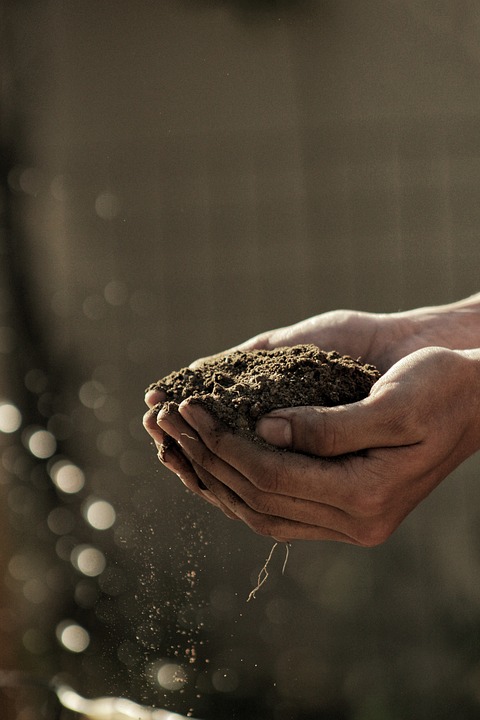18
Sep
Study Finds that Regenerative Agriculture Is Undermined by Toxic Pesticide Use

(Beyond Pesticides, September 18, 2019) A new report published by Friends of the Earth (FOE), “Pesticides and Soil Health” highlights healthy soil as a key pillar of regenerative, organic agriculture. There are numerous methods that regenerative agriculture utilizes to maximize soil health such as cover cropping, crop rotation, and compost applications. FOE focuses in on an often-overlooked aspect to soil health, “that eliminating or greatly reducing toxic pesticides is key to building healthy soils and ecosystems for a healthy planet.” Beyond Pesticides has long believed that toxic pesticide use has no place in organic and regenerative land management practices and that they can and should be eliminated. According to Jay Feldman, executive director of Beyond Pesticides and former member of the National Organic Standards Board (NOSB) said, “Pesticide reduction strategies that allow continued use of toxic substances undermine the soil biology and biodiversity that is critical to healthy plants and unnecessary to achieving pest management goals.” “It’s past time to talk elimination of toxic pesticides and nothing short of that.”
Toxic pesticides have a diverse range of unintended impacts, including cancer and other diseases to those exposed via usage or drift, and crop loss. Lesser known is the impact that pesticides have on the microbes that live in the soil. The report notes that a teaspoon of healthy soil holds billions of soil microorganisms. These bacteria and fungi provide a range of services to plants, such as access to necessary nutrients like nitrogen and phosphorus. In exchange, plants provide these tiny life forms with carbon in the form of carbohydrates. As the climate crisis continues to wreak havoc, this process of carbon sequestration is integral to mitigation. Pesticides therefore pose a threat to the capacity of soil to play a role in the fight against climate change.
Toxic chemicals damage the soil microbiota by decreasing soil microbial biomass and altering the composition of the soil microbiome. Fungi-rich soil improves productivity and increases carbon sequestration capacity, but use of pesticides results in a bacteria-dominant ecosystem. Changes in soil composition also result in “vacant ecological niches, so organisms that were rare become abundant and vice versa.” This unhealthy and imbalanced soil has reduced fertility and resilience, and plants grown in such conditions are more vulnerable to parasites and pathogens. This degraded soil sequesters less carbon than soil with a diverse array of microbiota.
The report discusses the correlation between no-till practices and pesticide use. While advocates often tout the positive impacts no-till has such as reduced erosion and preservation of microbes, the report states, “data indicates that the majority of no-till farmers rely on herbicides such as glyphosate, the active ingredient in Roundup. In fact, 86% of No-Till Farmer readers said they planned to plant Roundup Ready corn in 2017, while 80 percent planned to plant Roundup Ready soybeans, and some 92 percent planned to use glyphosate for weed control.”
While no-till practices in an organic regenerative setting may prove beneficial, when used in combination with pesticides such as glyphosate the cons outweigh the pros. Glyphosate negatively impacts the flow of nutrients and carbon from plants to soil, reduces the activity of earthworms, increase pathogens and super weeds, and continue users on the pesticide treadmill.
In order to maximize the capacity of soil to sequester carbon and serve as a tool in the climate crisis, the use of toxic pesticides must stop. Instead, focus and energy must be put into transitioning to regenerative organic systems and restoring soil health to maximizing the flow of nutrients and carbon between plants and microorganisms. This will preserve the important microbial communities in the soil, increase crop resiliency, drought resistance, and reduce overall carbon emissions. Keep abreast of developments in organic, regenerative, and agroecological approaches to health and environment through Beyond Pesticides’ Daily News Blog and its journal, Pesticides and You.
All unattributed positions and opinions in this piece are those of Beyond Pesticides.
Source: Friends of the Earth










